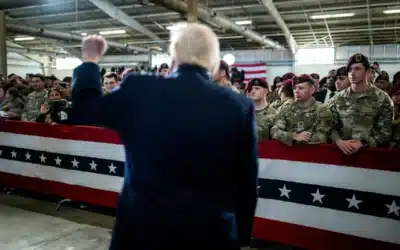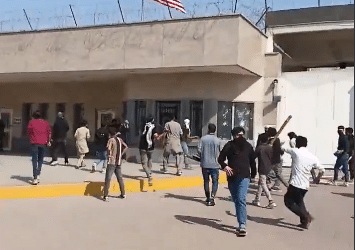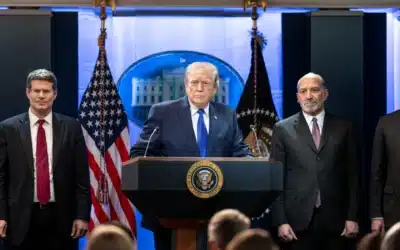The Iranian parliament took one more step toward suspending cooperation with the International Atomic Energy Agency (IAEA). Tehran is moving to sever the relationship with the nuclear watchdog group after Israel and the US launched an aggressive war against Iran.
Iran’s Parliament voted 221-0-1 on legislation that will suspend ties with the IAEA. Parliament Speaker Mohammad Bagher Qalibaf said, because the agency has refused to even condemn Tel Aviv and Washington’s unprovoked attack on Iran’s civilian nuclear energy program, “the Atomic Energy Organization of Iran will suspend its cooperation with the Agency until the security of the nuclear facilities is guaranteed, and move at a faster pace with the country’s peaceful nuclear program.”
The legislation still needs the approval of the Supreme National Security Council before it takes effect.
Some members of the Iranian Parliament allege that the IAEA aided the US and Israeli strikes by providing intelligence about its nuclear facilities. Additionally, the IAEA’s long-standing assessment that Iran was not making a nuclear weapon did not stop Israel and the US from attacking its civilian energy program.
The impact of the US and Israeli strikes on Iran’s nuclear facilities at this point is unclear. An Iranian official has acknowledged that substantial damage was done to the country’s nuclear sites. While an initial American intelligence assessment found that the strikes only set Iran’s nuclear program back a matter of months.
If Iran does cut ties with the IAEA, it will make it more difficult for the international community to assess how Tehran is advancing its nuclear program. Currently, the location of Iran’s stockpile of enriched Uranium is unknown. Locating the nuclear material will be more difficult without IAEA inspectors in Iran.
“I have to be very precise. We are the IAEA, so we are not speculating here,” IAEA Director General Rafael Mariano Grossi said. “We do not have information of the whereabouts of this material.”
There is some concern that Tehran will respond to the attack on its civilian nuclear energy program by attempting to build strategic weapons.

































